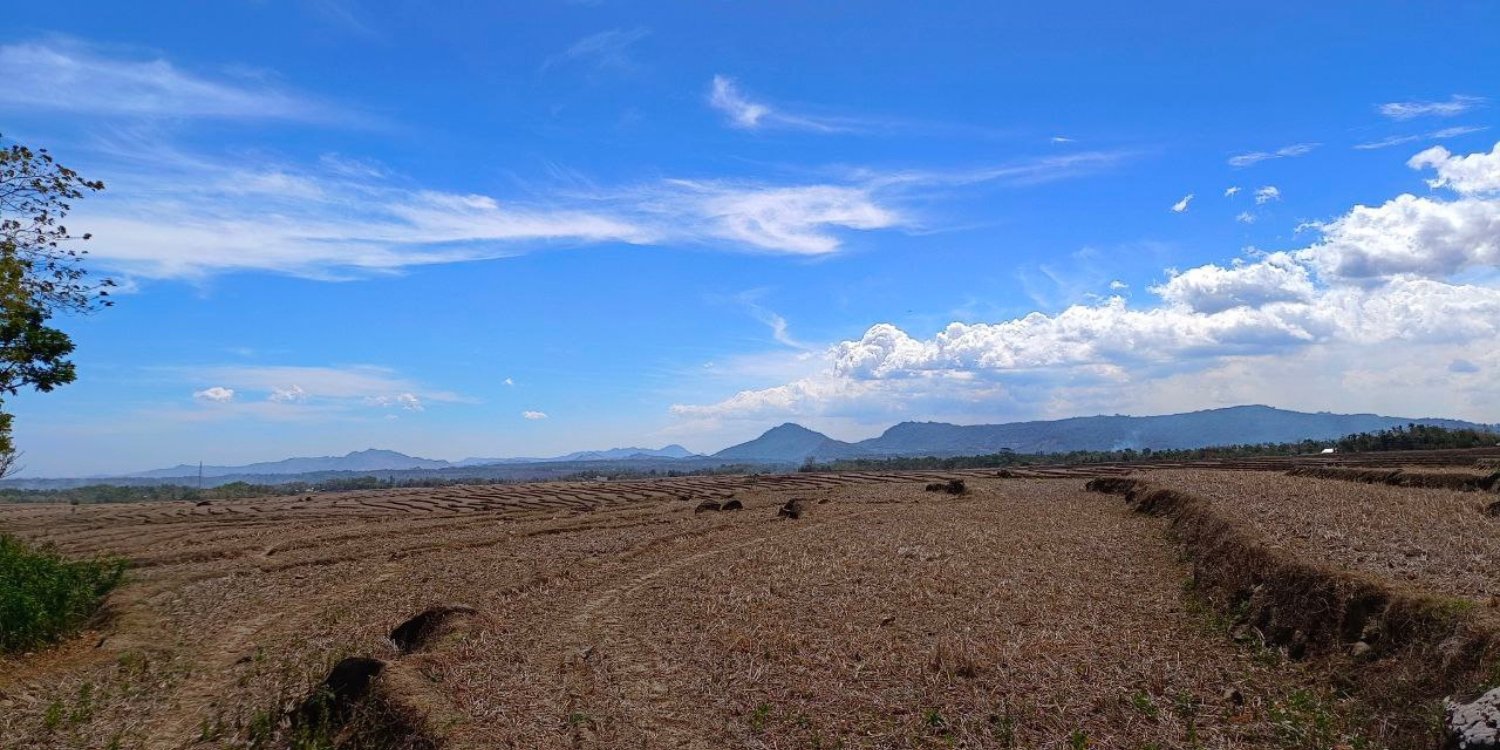Introduction
Biodiversity is essential to the health and resilience of ecosystems, contributing to their ability to provide critical services such as food production, water purification, and climate regulation. Al-Qowy Farm recognizes the importance of biodiversity and is committed to protecting the environment through sustainable farming practices that promote biodiversity and foster a healthy ecosystem. In this article, we will explore the steps Al-Qowy Farm is taking to preserve biodiversity and support thriving ecosystems.
Al-Qowy Farm’s Sustainable Practices for Biodiversity Conservation
- Crop rotation and diversification: Al-Qowy Farm implements crop rotation and diversification to promote a variety of plant species, supporting a diverse range of insects, birds, and other wildlife. These practices also help maintain soil fertility and reduce the risk of pests and diseases.
- Organic and integrated pest management: By minimizing the use of chemical pesticides and embracing organic and integrated pest management techniques, Al-Qowy Farm reduces the impact of harmful chemicals on the environment, protecting the health of beneficial insects, pollinators, and other species.
- Habitat creation and preservation: Al-Qowy Farm actively creates and preserves habitats for pollinators, such as bees and butterflies, and other wildlife by planting native flowering plants, maintaining hedgerows, and conserving natural areas, such as wetlands and forests.
- Sustainable water management: The farm’s water conservation measures, such as rainwater harvesting and efficient irrigation systems, help maintain healthy aquatic ecosystems by reducing water pollution, minimizing water waste, and preserving water resources for the surrounding environment.
- Eco-friendly livestock management: Al-Qowy Farm’s focus on sustainable Bali Cattle management practices, such as rotational grazing and proper nutrition, contributes to preserving biodiversity by maintaining healthy pastures and reducing the environmental impact of livestock production.
Promoting Ecosystem Services and Resilience
Al-Qowy Farm’s commitment to biodiversity conservation has far-reaching implications for the health and resilience of ecosystems. By promoting biodiversity, the farm supports essential ecosystem services, such as:
- Pollination, which is crucial for crop production and food security.
- Natural pest control, reducing the need for chemical pesticides and minimizing environmental harm.
- Soil health, through nutrient cycling and improved soil structure, supporting sustainable agriculture.
- Water regulation and purification, contributing to water security and the health of aquatic ecosystems.
Moreover, diverse ecosystems are more resilient to environmental changes, such as climate change, and can better recover from disturbances, ensuring the long-term sustainability of agriculture and the environment.
Conclusion
Al-Qowy Farm’s commitment to environmental stewardship and biodiversity conservation is a testament to the farm’s dedication to sustainable agriculture and the well-being of both the local community and the planet. By implementing practices that protect and promote biodiversity, Al-Qowy Farm is helping to safeguard the health and resilience of ecosystems, securing a more sustainable future for generations to come.
